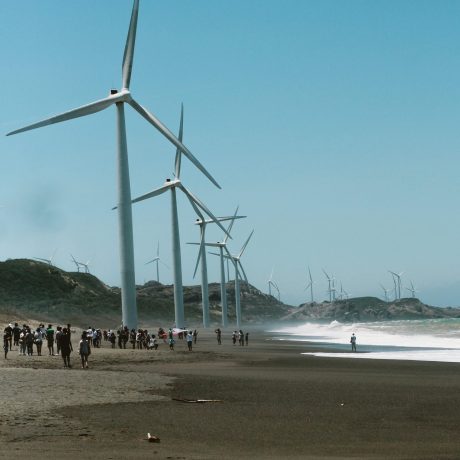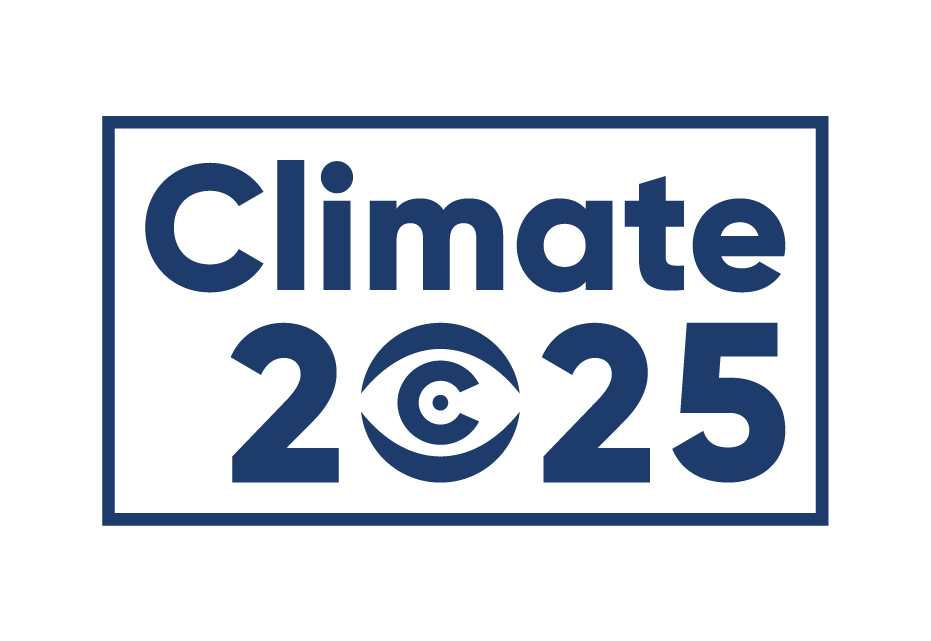As the only multilateral, rules-based institution charged with promoting the stability of the international financial and monetary system in order to enable longer-run growth, the International Monetary Fund (IMF) has a central role to play in the transition to a low carbon and resilient global economy.
The Task Force on Climate, Development and the International Monetary Fund is a consortium of experts from around the world convened to advance a development-centered approach to climate policy at the International Monetary Fund (IMF). It is imperative that the global community support climate resilience and transition to a low-carbon economy in a just manner, and the IMF’s role in supporting a globally coordinated response is vital.
The Task Force will engage in and utilize rigorous, empirical research to inform policies that align international financial stability and growth with global climate goals.





















